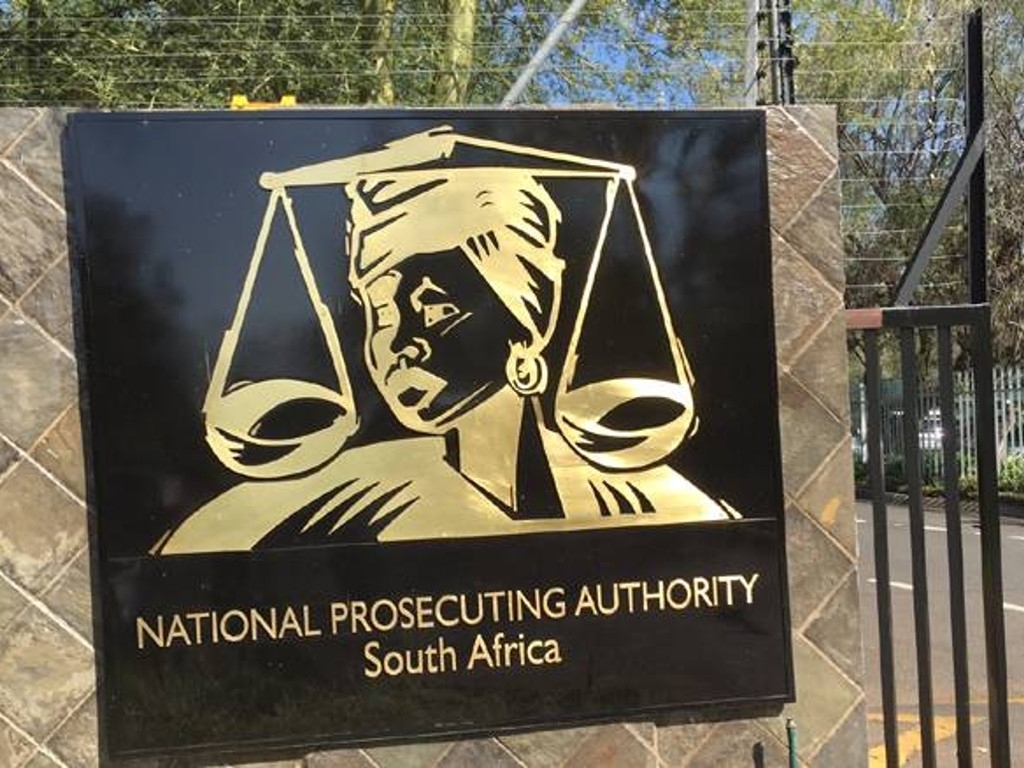BLA condemns growing accusations of judicial overreach

13 Dec 2017
The Gauteng Division of the High Court (Pretoria) judgment handed down by the full court in the matter between Corruption Watch and others versus The President of the Republic of South Africa and others delivered on Friday the 08th day of December 2017 is highly emotive as is interpreted to be dispossessing the President of his powers to appoint, as set out in Section 179(a) of the Constitution, the National Director of Public Prosecutions (NDPP).
In this judgment the court, amongst others, set aside the appointment of the current NDPP, Adv. Shaun Abrahams, as it was found to be unlawful. The court further ruled that the sitting President of South Africa is, in terms of section 96(2)(b) of the Constitution conflicted to appoint, suspend or remove the next National Director of Public Prosecutions from office.
Many people of high political and public standing and some organisations reacted to this judgment by accusing the judiciary of “serious judicial overreach” and disrespect of separation of powers between the executive, legislature and the judiciary. Some accusations went to the extent of suggesting that the actions by the High Court is tantamount to “judicial coup d’etat”, if not endorsement of one ANC presidential hopeful above the other, in the coming ANC presidential elections. These sort of unsubstantiated accusations against the judiciary are unwarranted as they are not borne out in the body of the judgement.
The finding of “conflict of interest” of the President in respect to the incumbent NDPP is founded on facts particularly in the manner in which the NDPP was found to associate himself with the actions of the President in the case and other previous court cases. As such BLA views the accusations of judicial overreach and judicial coup d’état accusations as nothing but a means to deter the judiciary from fulfilling its Constitutional mandate as conferred on it under section 165 of the Constitution. These accusations are also calculated to undermine the independence of the courts. If these accusations are not challenged and refuted impression may be formed that there are exerted efforts from some quarters of our society to instill fear in our courts so that they may also be subject of capture and unlawful control.
It is unfortunate that people like Minister Bathabile Dlamini, a member of Cabinet and a leader of the ANC Women’s League, to use internal party considerations when commenting on the Judgement of the Court. It is worse, when such people do not appear to have taken time to study the judgement before they venture an opinion. The governing party of South Africa has been consistent in assuring South Africans that it respect the judiciary and encourages all aggrieved parties to utilize the fora that exist to appeal or review judgements they believe were made in error or due to unlawful consideration. This assurance must show itself in the statements of leaders of the governing party.
BLA is deeply concerned that accusations continue to be levelled against the judiciary when there is no call upon the executive to conduct itself within the ambits of the law. None of those accusing the judiciary, at this instance, suggest how the issue of actual or potential conflict of interest (identified by the court) could differently be addressed than as suggested by the court.
BLA condemns attacks of the judiciary by prominent people in society who may not be satisfied with the outcomes in cases before courts, as courts by their nature, are not free to join the discourse and defend themselves. Courts, like any other arms of the state, are not immune from criticism. But such criticism must be done within the legal framework and preferably through the appeal or review processes.
BLA notes intention of the Office of the Presidency and Advocate Abrahams to note appeal against this judgment.
Lutendo Sigogo
BLA President
082 369 2017

